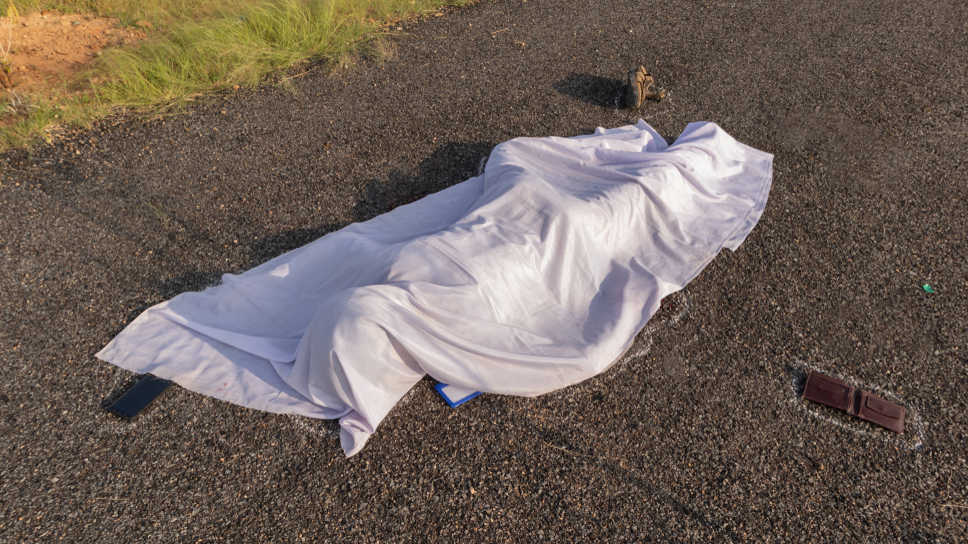The consequences of a tragedy often endure long after the mishap is over. Take, for instance, the findings of a study by the World Bank on road accidents: it revealed that every death in India caused by a road accident leads to the depletion of nearly seven months’ income in the households of poor families and pushes the victims’ kin into a vicious cycle of poverty and debt. Predictably, low-income rural households are hit the hardest. They reported twice the number of deaths as a result of an accident than high-income households did; the risk of a survivor having to deal with a disability was also twice as likely among poor families. Women, the report suggests, bear a disproportionate share of the burden as well, having to take on additional work alongside caregiving activities. While 50 per cent of women reported being severely affected by the decline in their household income, around 11 per cent said they had to take up more work to deal with the financial crisis.
A key takeaway from the study is that the long-term effects of road mishaps remain — deliberately? — unaddressed in policy interventions. This is perhaps because road accidents are largely viewed through the lens of public safety and infrastructure, with interventions being designed accordingly. This is not to say that such aspects need to be ignored given that India witnesses 53 road crashes every hour, many of which are a result of the flagrant disregard commuters display towards road safety. This collective indifference is represented by the sightings of helmet-less children riding pillion on motorcycles, a common occurrence on India’s roads. Recent data from the National Crime Records Bureau showed that 83 per cent of road fatalities were on account of speeding and rash driving. But the collateral damage — debt traps for families, depression and added burdens on women — cannot be disregarded. Accidents can be reduced but not completely prevented. There is thus a case for making road safety a matter of public responsibility in India. But this must be complemented by an administrative push to redress the accompanying financial challenges. One way of achieving this could be by broadening access to insurance. Insurance policies must be designed to be affordable and easily accessible to survivors and their kin. But policies would be of little use — perhaps not even availed of — unless the government creates awareness campaigns encouraging citizens to insure themselves and their families, arranges for funds to be disbursed easily during emergencies and, crucially, ensures that insurance companies do not indulge in profiteering.











